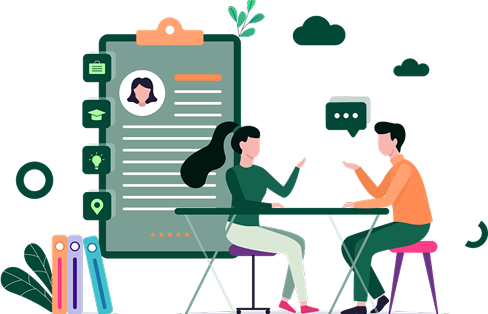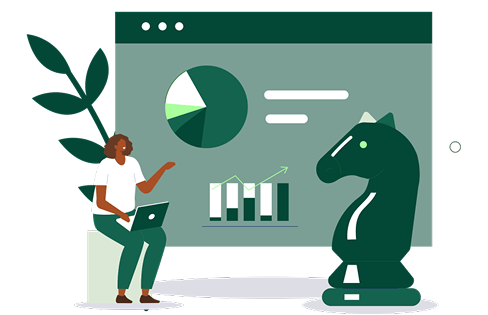Discover the Right Path – Free 15-Minute Consultation
Everyone has the capacity to read faster whilst remembering more.






In education, you are taught what to learn but not how to learn. We believe that a good learner has several vital skills and qualities. High reading proficiency and the capacity to remember and recall large amounts of information. And, most of all; having the confidence in their ability to learn anything faster.
These skills are not just about having natural talent, though, it comes down to learning and practising the right techniques. Something traditional education isn't doing so well, resulting in too many of us struggling along with low reading and memory habits, often without even realising. With 16% of adults scoring at the lowest proficiency level for literacy, according to OECD, it's clear there are problems in the way we are learning.
Suppose you are someone who realises that to be successful, you need a solid foundation in reading and memory. Then we believe we can show you the tools you need to learn how to read faster, improve your memory and unlock your potential to achieve your learning goals.
— Yvonne Brown Director of International Client Services Account Manager AT UBS

— Lolade George, Associate Director Project Management at UBS Asset Management
The short and honest answer, no. We can, however, measure aspects of learning that indicate how receptive we are to the information we are taking in.
StudyFast believes that counting Words Correct Per Minute is the way to do this. Especially when speed reading for comprehension because, and I think we can all agree, it's great to read fast but pointless if you can't remember it.
That's why our courses build on WCPM, teaching you the skills to understand the science and then how to apply it the real world. For example; if a student reads a story with 409 words in 4m 6s and make 106 errors we can determine WCPM like this:
When we set out to create StudyFast, we were looking for the best ways to help people learn because we couldn't remember the last time we had a class called 'reading' let alone a class called 'memory'. We started with a hunch; reading and memory is something that everyone could use some help with - no matter their age or background.
That's why we decided to dedicate ourselves to mastering the techniques that we could use to help others become lifelong (and everyday) learners so that we could transform the way they learn anything.


Our online courses and workshops centre around four core principles. The first being that any skills for learning must help improve your brain health. A healthy mind is a happy learner. The second is that learning the skills for comprehension should always come before trying to increase learning speed. It's great to read fast but pointless if you can't remember it.
Principle three is about teaching the techniques and then helping you train your eye muscles with positive reading habits. The fourth; making sure anything we preach, we help you practice from the office and classrooms to the supermarkets and newspapers.
Although science may move faster than us. The techniques we practice and encourage you to master are straight from leading educators, researchers and scientists from the past decade. They are continually being reviewed and updated on our online courses for speed reading and memory training and help shape our workshops to suit any learners needs.
As we continue to grow, to learn and to build a community of lifelong learners, our co-founders Jordan and Oyinkro want you to know that memory and reading training should be accessible to all. Because (and let's be honest), we're all capable of being geniuses and we all deserve a chance to learn anything faster.

Over the past few years, our training has gained some attention from a variety of journalists and publications.
Each time we've tried our hardest to highlight the story behind what we do.